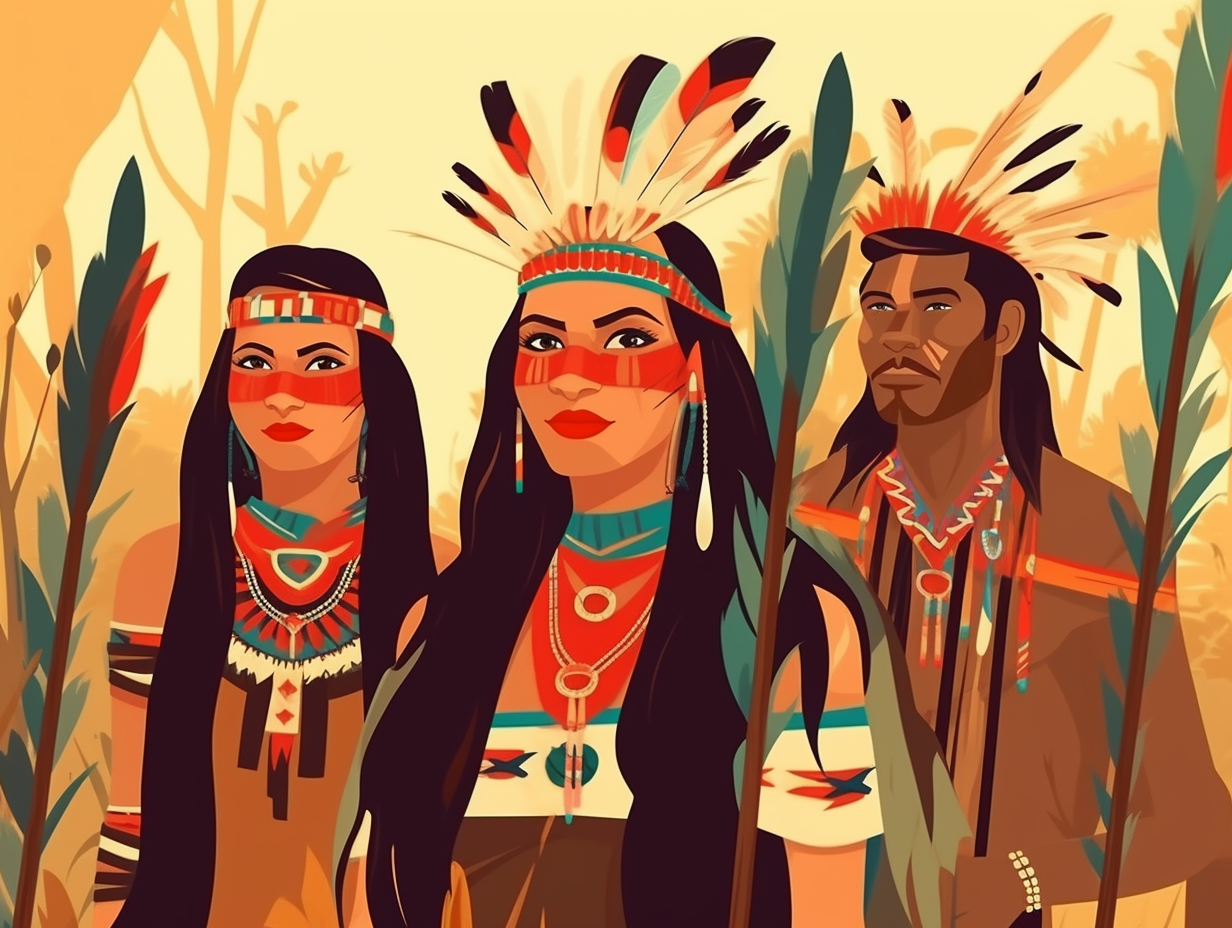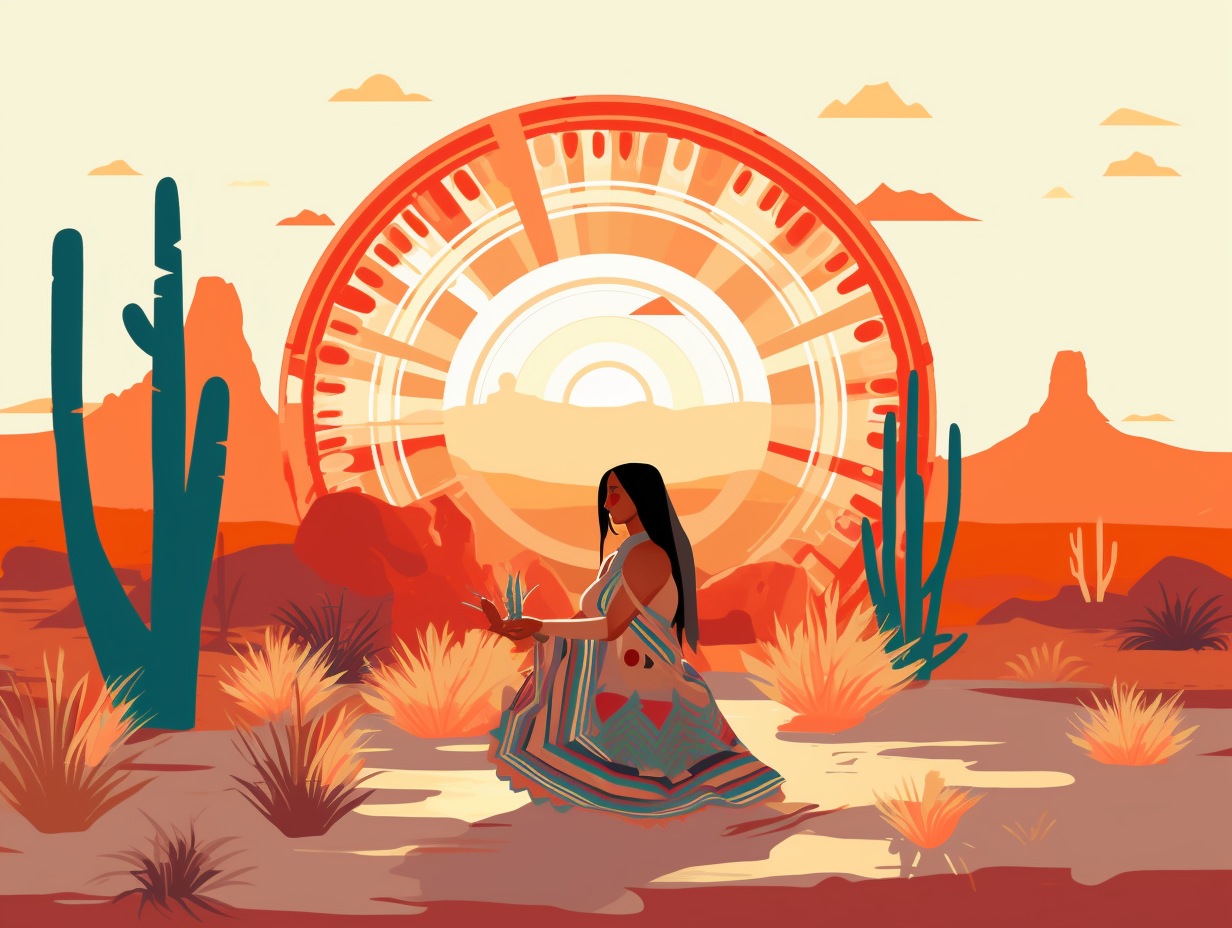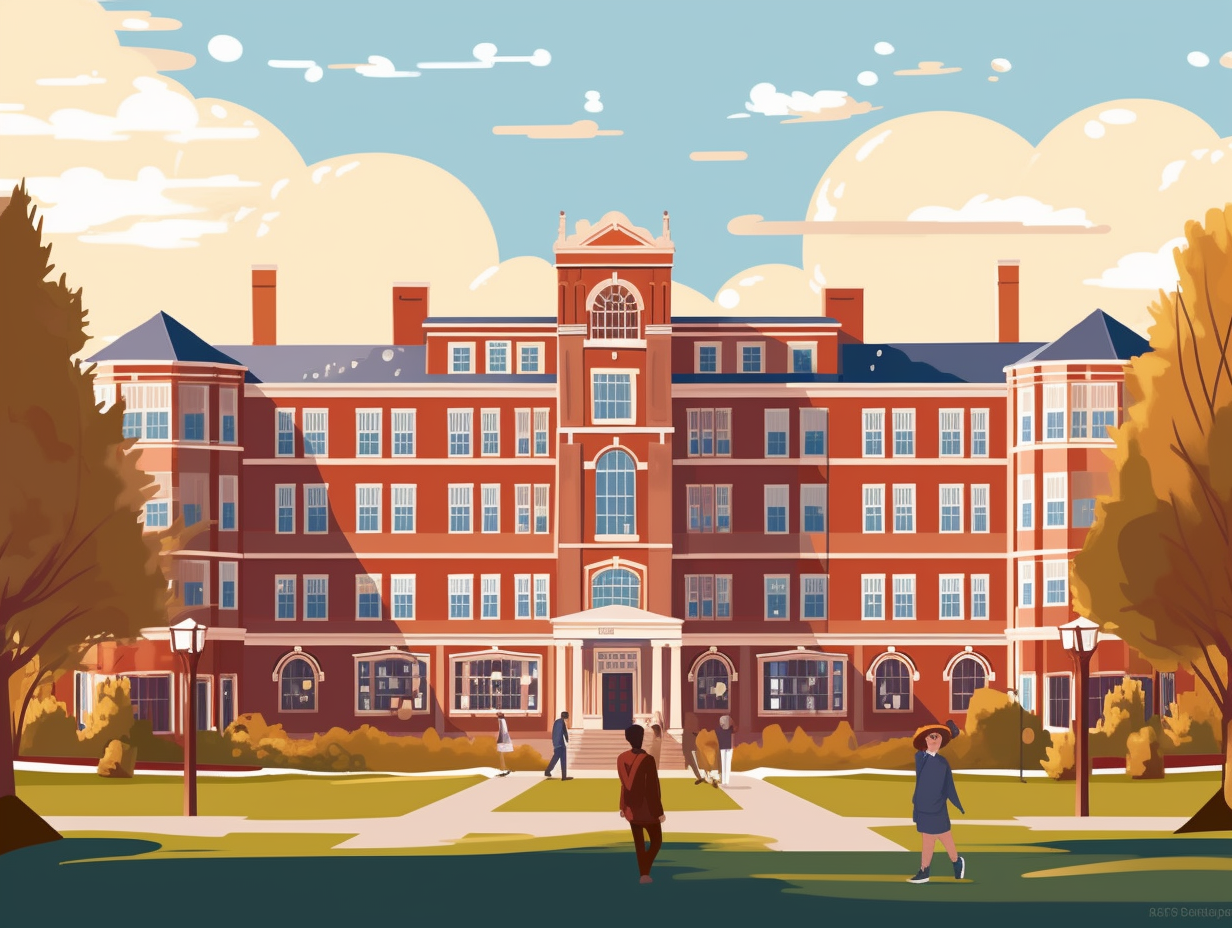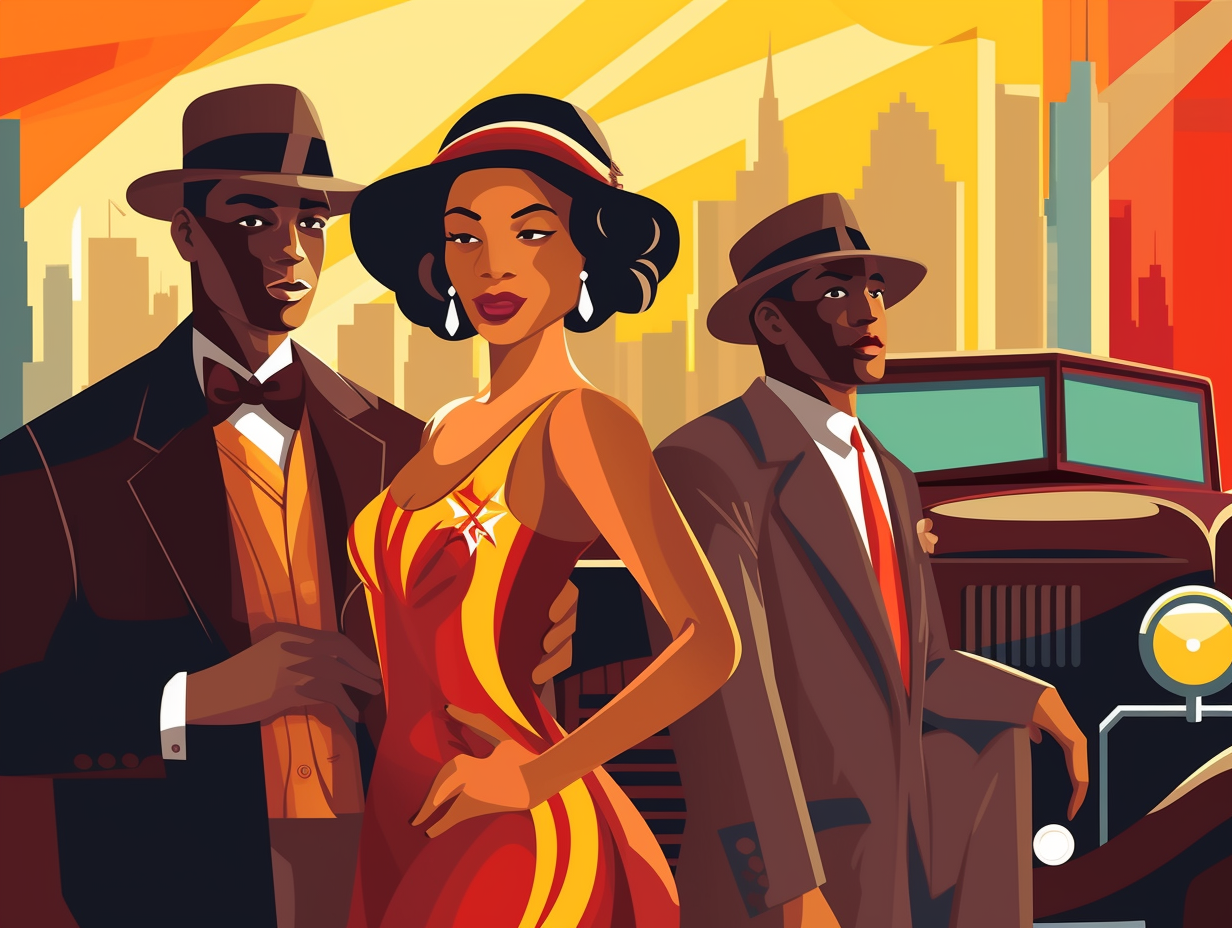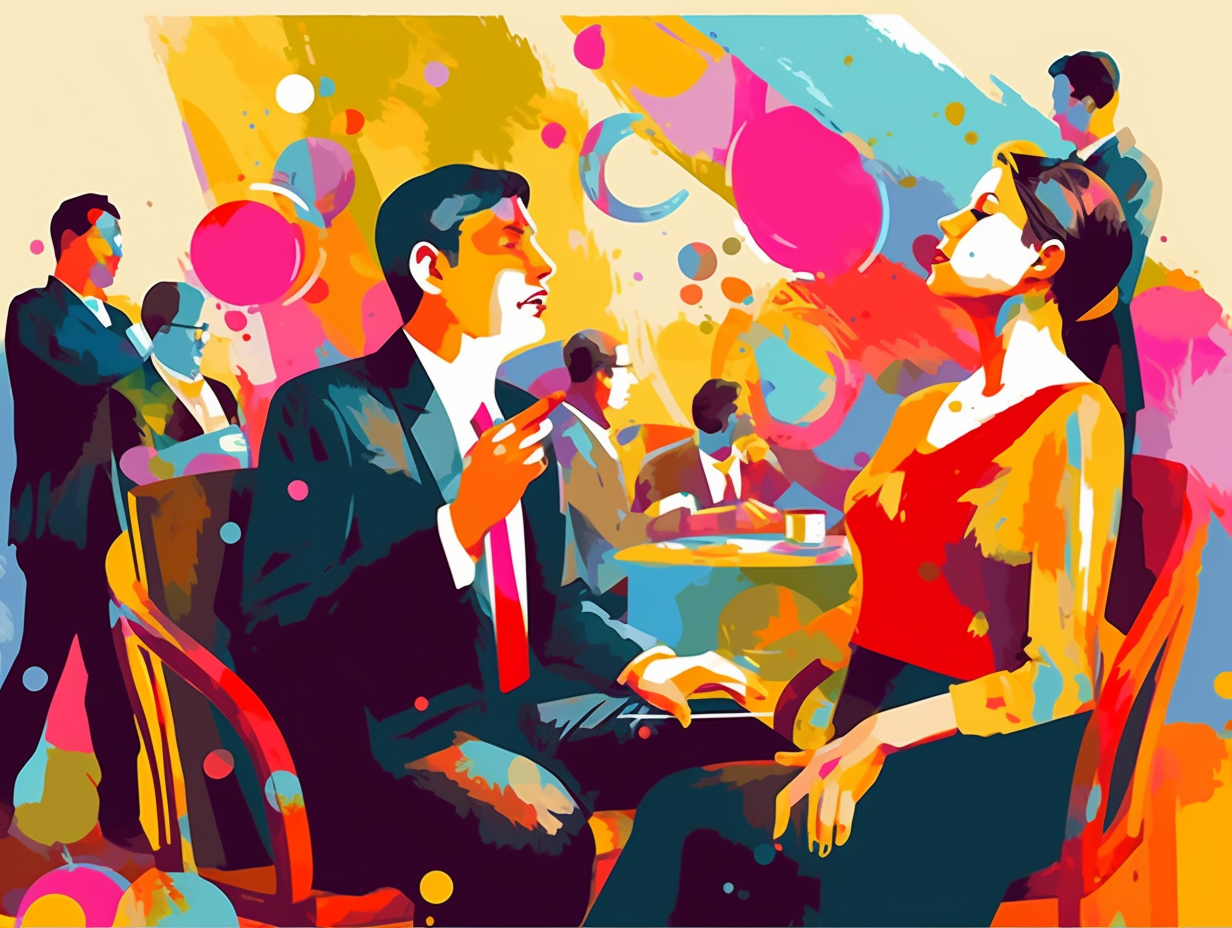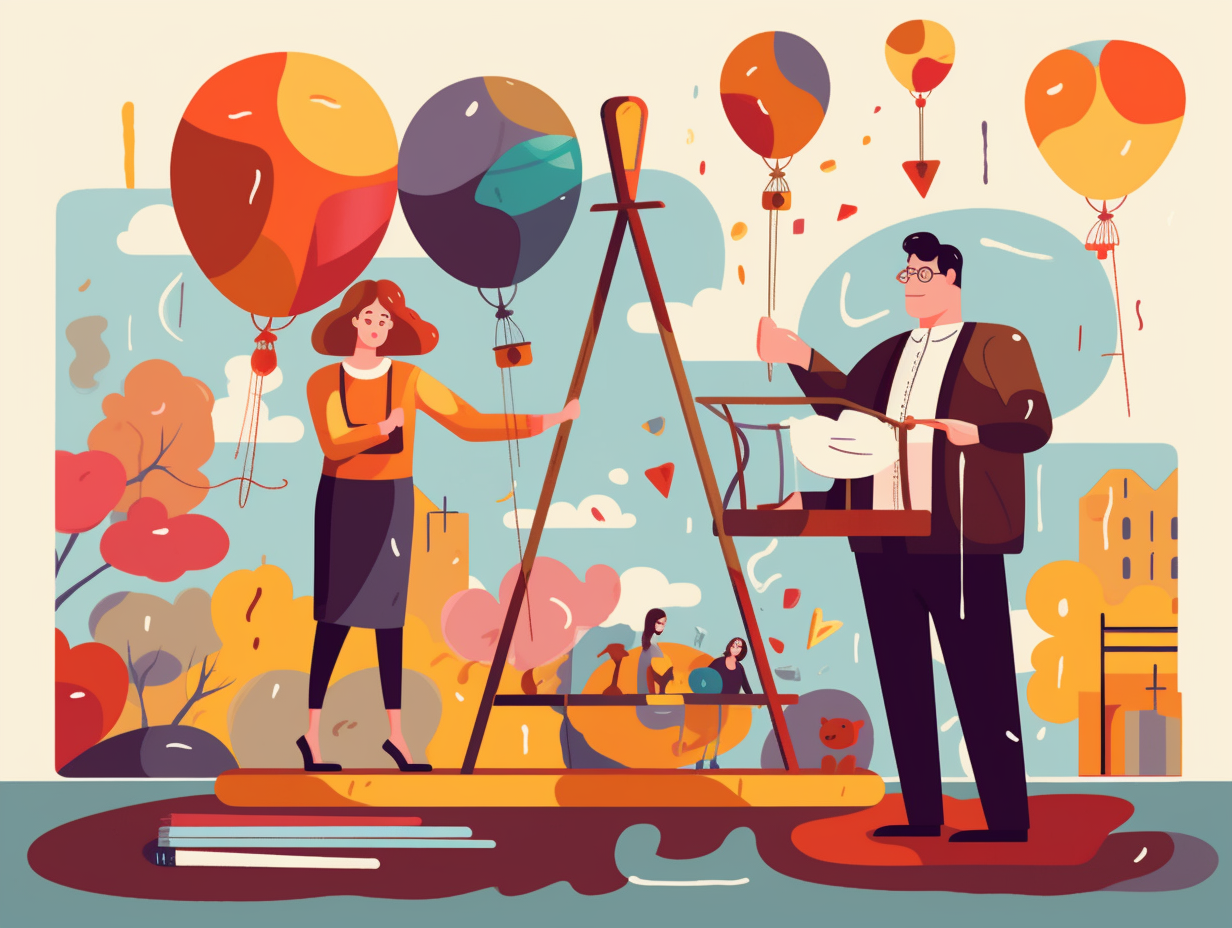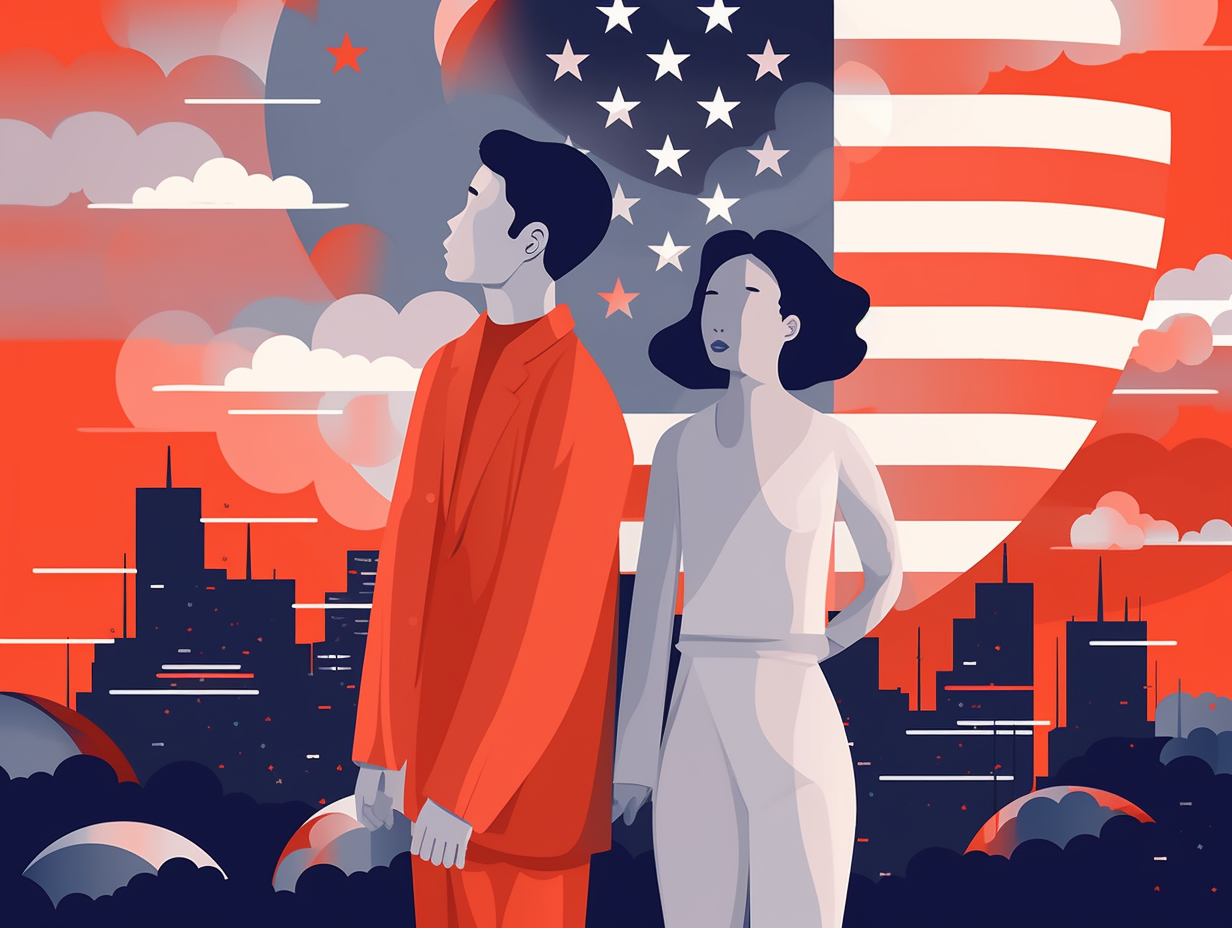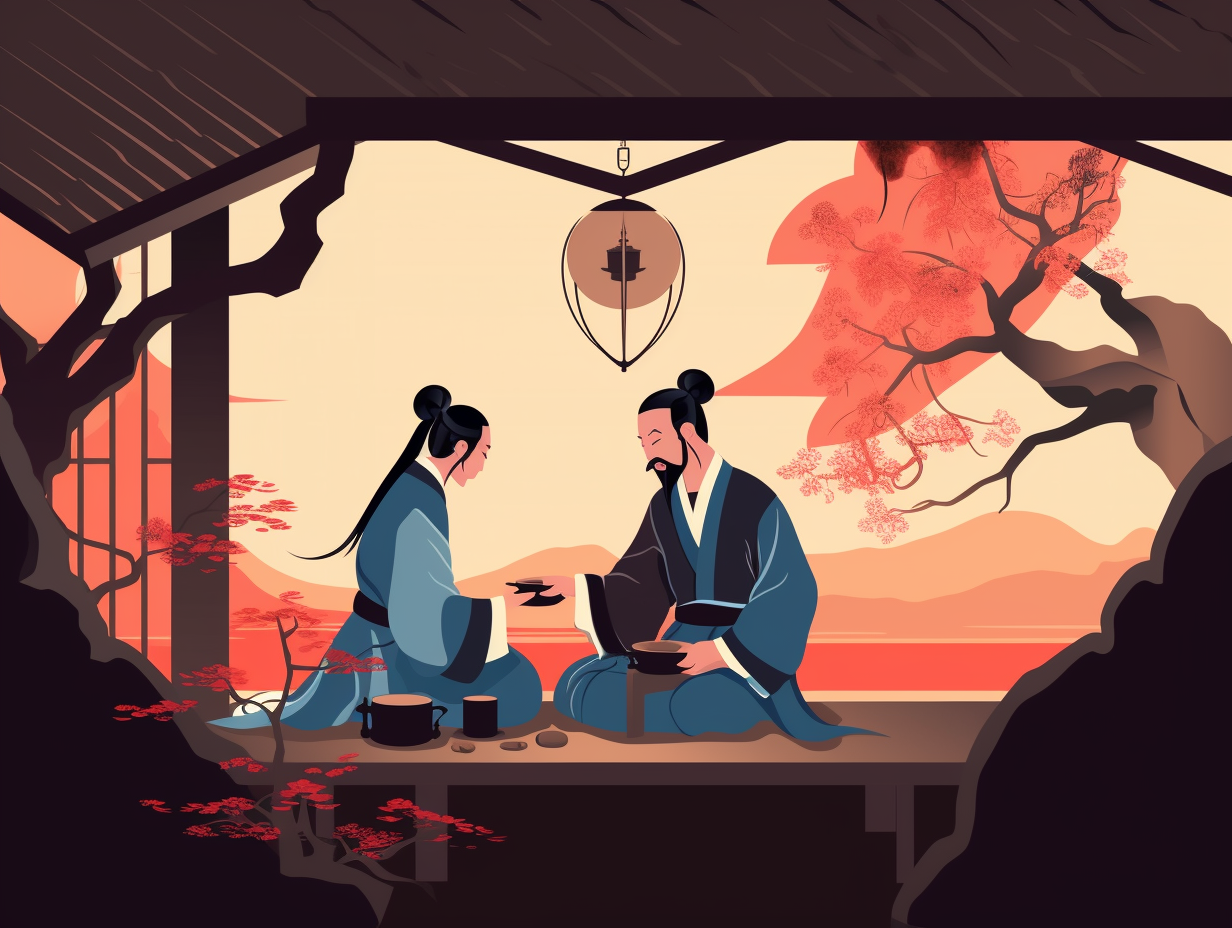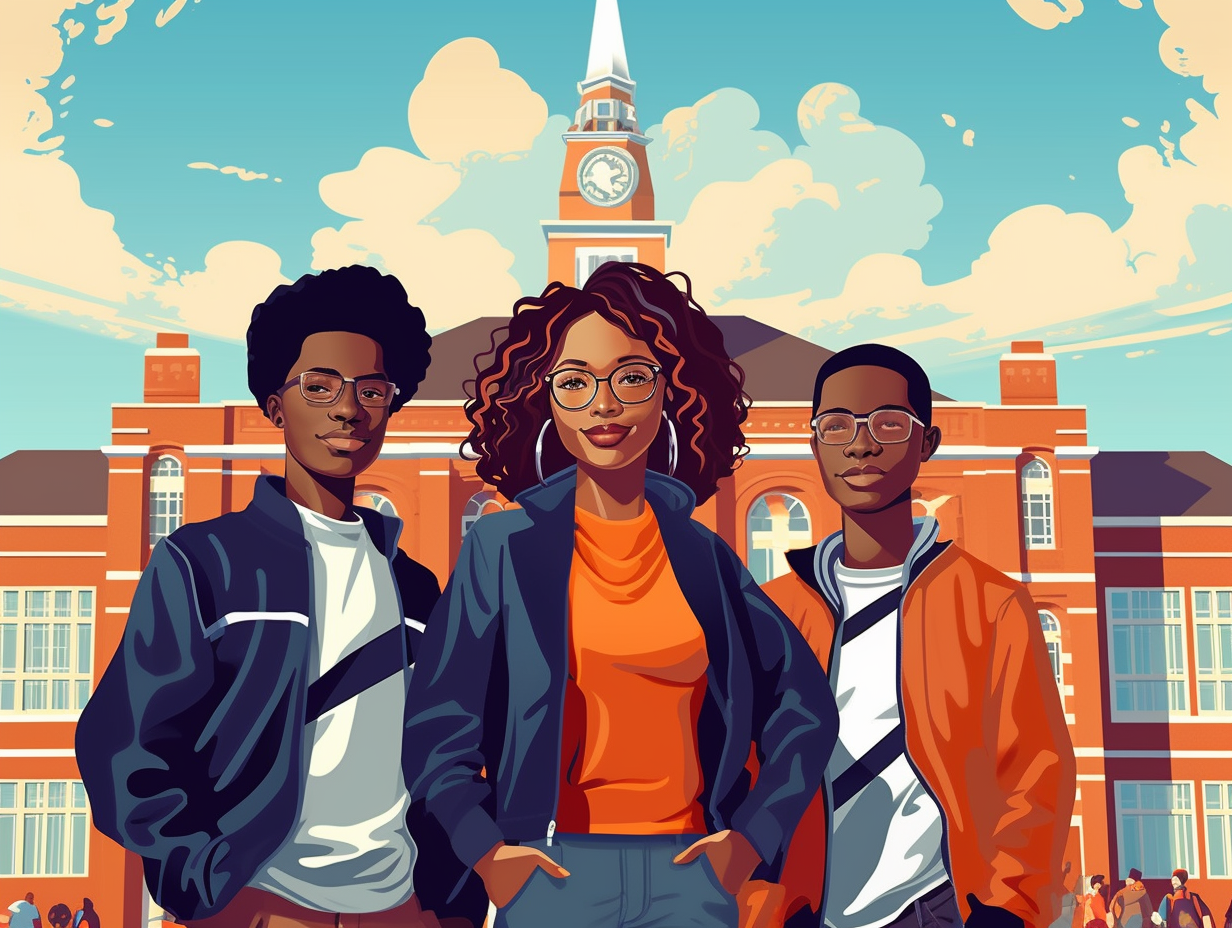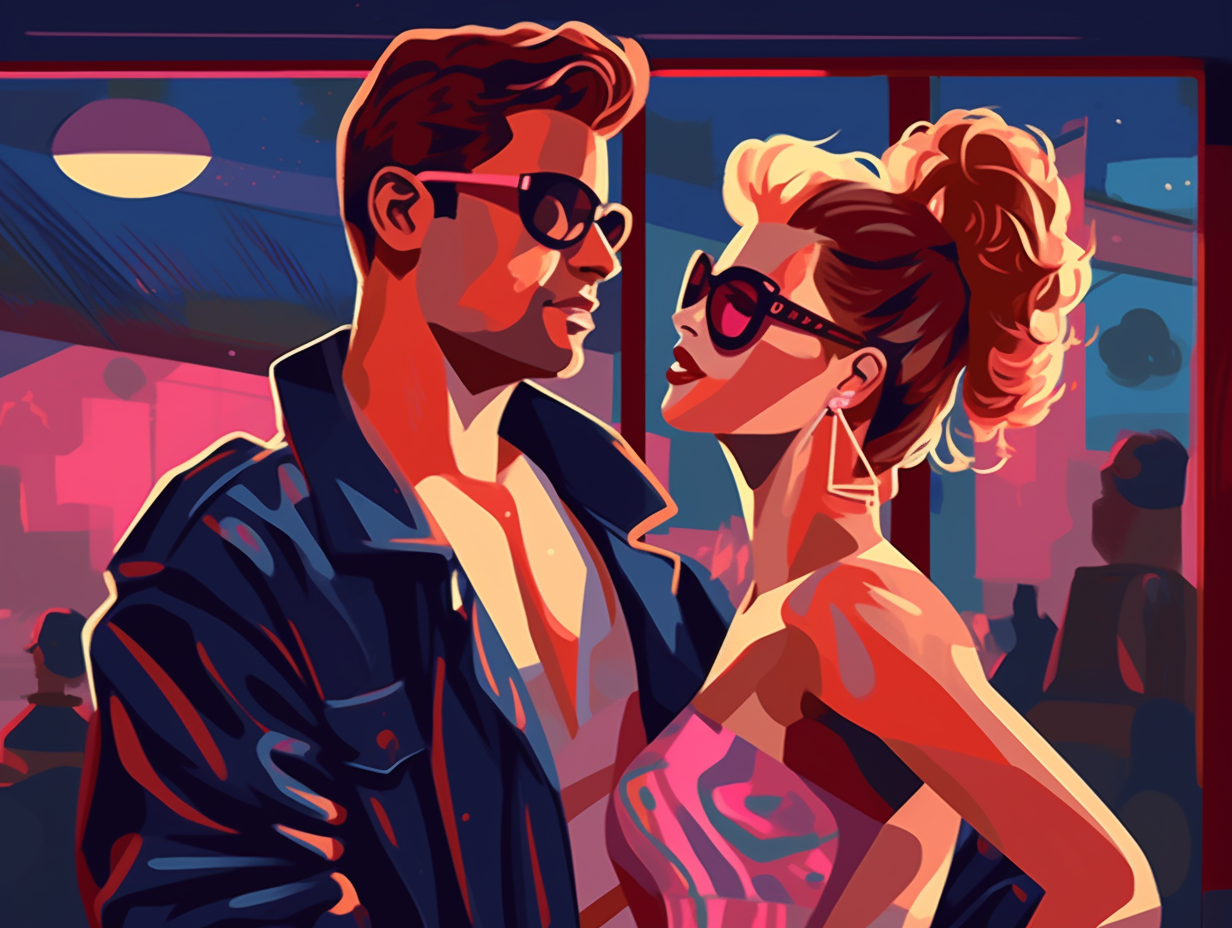Discover the Top 11 Fun Facts About Pilgrims: Intriguing Insights into America's Early Settlers
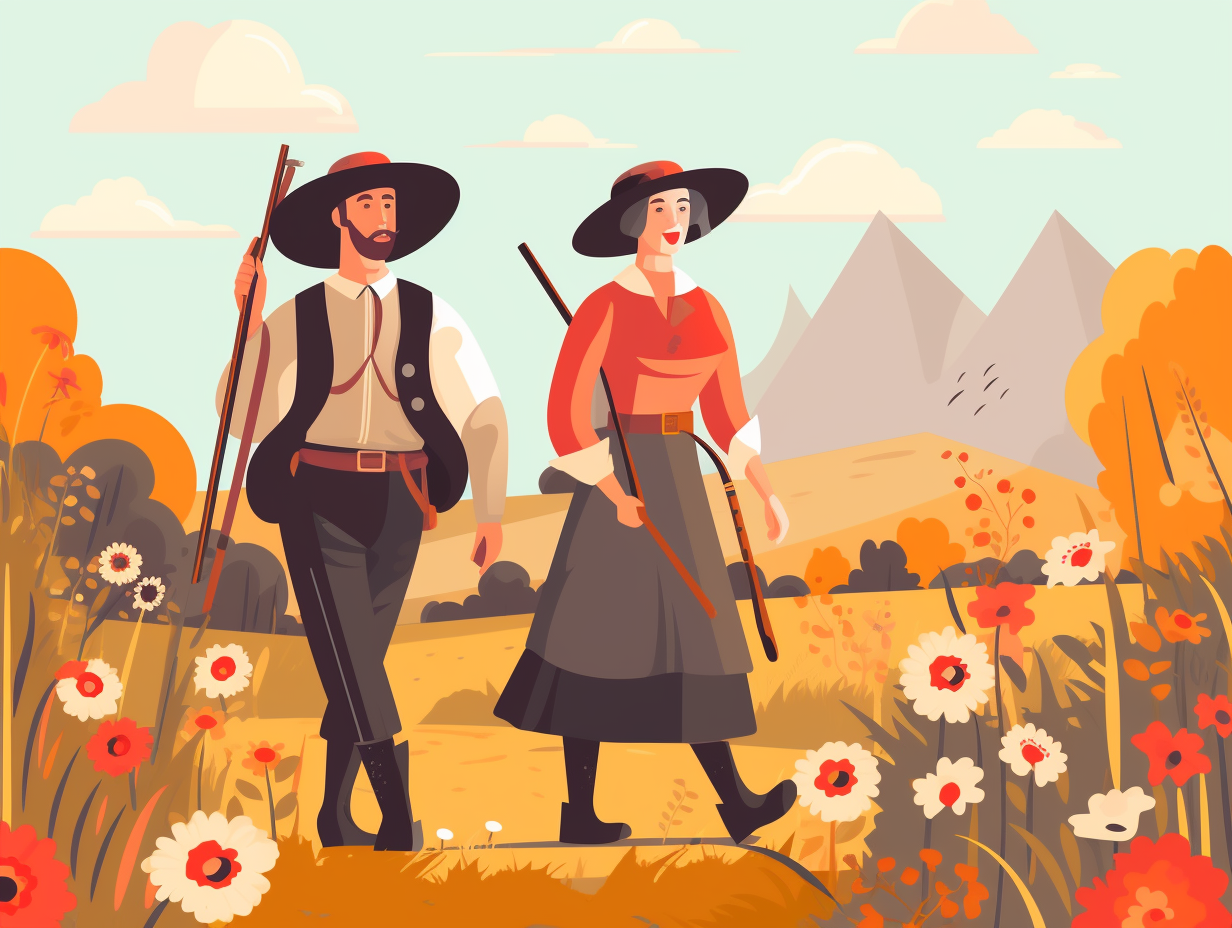
1. Dining Etiquette
Before forks stole the show and pepper was just a twinkle in the spice aisle's eye: Pilgrims dined on a smorgasbord of food using spoons, knives, and their own multitasking fingers, laying out large cloth napkins to wipe their hands and double as oven mitts. Meals followed a socially-conscious seating chart, while salt was the only seasoning VIP present at the table when meats, puddings, and sweets shared the culinary stage, but never in separate acts.
Source => festivals.iloveindia.com
2. Squanto's Stolen Life
Plot twist in the potluck: Squanto, the OG turkey whisperer who saved the Pilgrims' bacon, was once a victim of European explorers' shenanigans – kidnapped in 1614, sold into slavery, and only bouncing back home to his tribe's wiped-out whereabouts in 1619. High on drama and low on trust, he still stepped up as interpreter, guide, and peace broker, albeit with fingers crossed behind his back – ultimately getting caught and shaking off the mortal coil all alone, literally denied a seat at the family table.
Source => cbc.ca
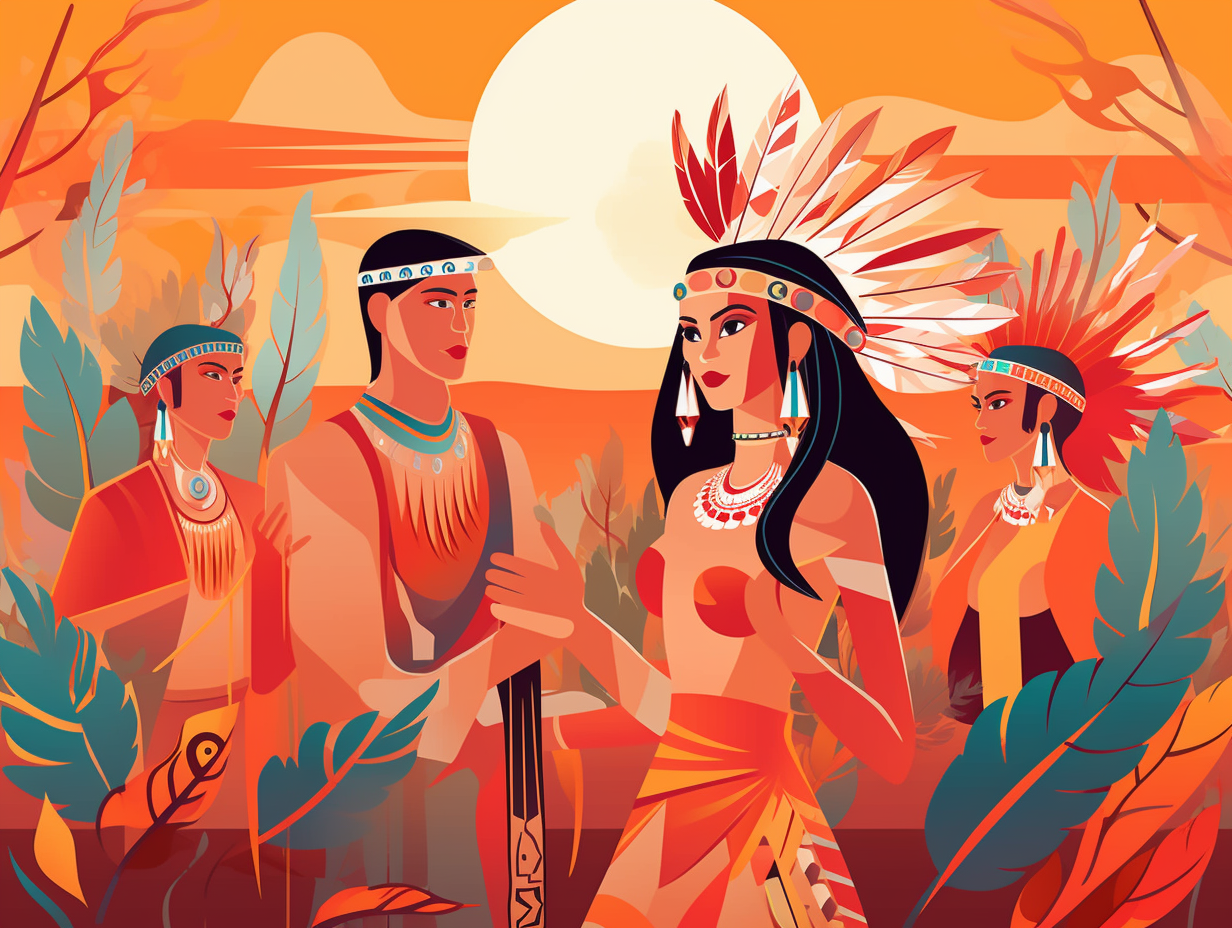
Discover how Sequoyah revolutionized communication for the Cherokee tribe by creating a unique written language in the early 1800s, allowing them to achieve mass literacy! Learn how this innovative syllabary survived the Trail of Tears and continues to be used today. 📜🌟
=> Fun Facts about The-Cherokee-Tribe
3. Mayflower Ship Drama
Navigating stormier waters than a reality TV show couple, the Mayflower pilgrims experienced some real "ship" drama on their way to the New World: Despite facing violent tempests and a damaged main beam, only one passenger – a servant of physician Samuel Fuller – succumbed to the challenges and was granted a sorrowful sea burial.
Source => en.wikipedia.org
4. The Party Boat's Past
Raise a toast to the world's most legendary party boat: before becoming the Uber of the 17th century for our buckle-shoed Pilgrim pals, the Mayflower was slinging barrels of fine French wine across the high seas.
Source => en.wikipedia.org
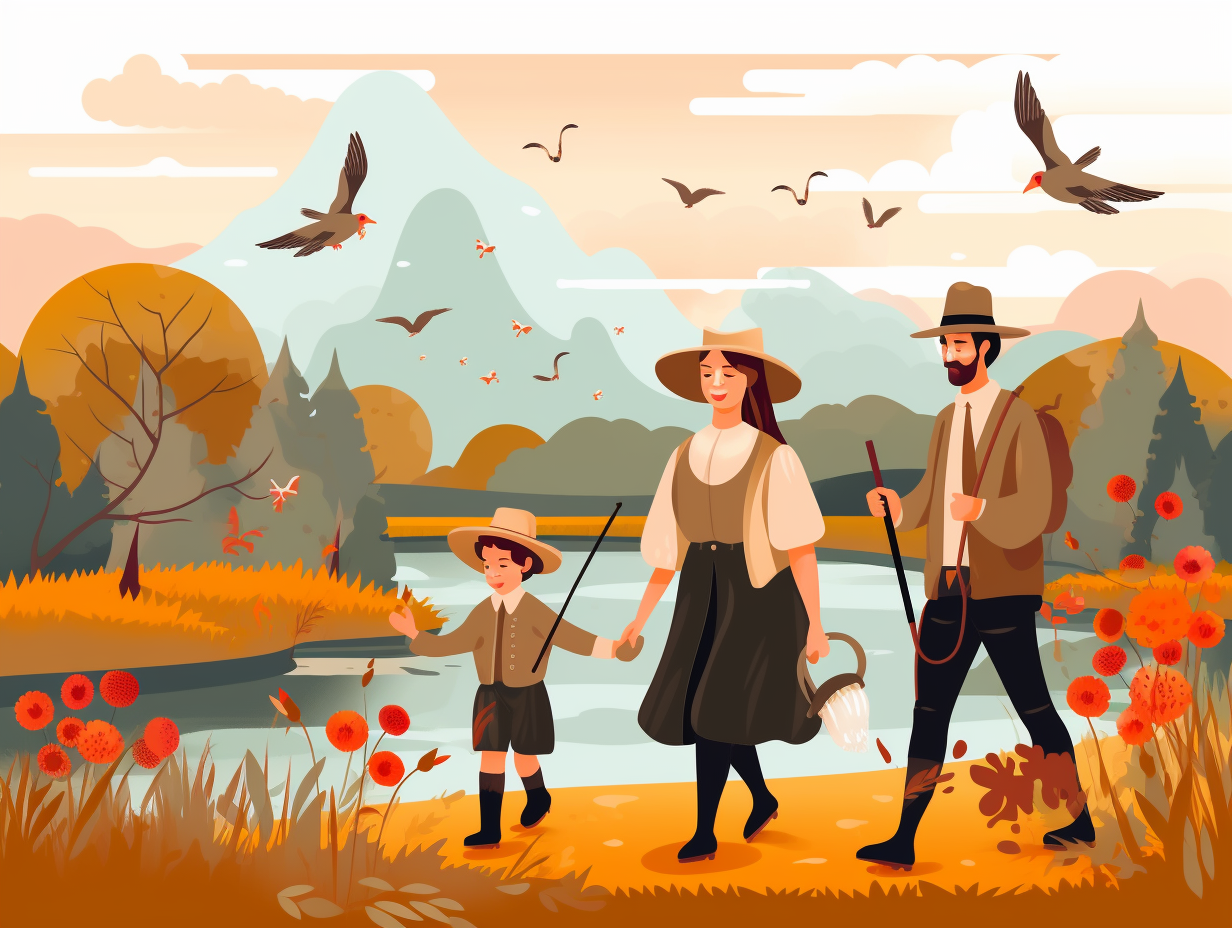
5. Pilgrims' Secret Party Side
While the Pilgrims might've declared, "Pray without ceasing," they likely added under their breath, "but feel free to party on occasion": Despite their austere religious image, Pilgrims partook in lively games such as quoits and pitching the bar, and even engaged in a feast with their Native American neighbors, giving birth to our cherished Thanksgiving holiday!
Source => en.wikipedia.org
6. The Pumpkin Pie Tragedy
Imagine the Pilgrims sailing back in time to complain to their future selves about the modern Thanksgiving spread: furious Pilgrim ghosts lamenting the culinary creativity they missed out on, muttering under their mouths, "Yee should have told us about pumpkin pie!" Alas, it was not to be: the First Thanksgiving in 1621 lacked pumpkin pie due to the absence of butter and wheat flour for crusts, as well as white and sweet potatoes. The meal instead featured wildfowl, venison, eels, shellfish, seasonal veggies, nuts, and native corn and beans.
Source => smithsonianmag.com
7. Pilgrim Kids' Playtime
Who says the Pilgrim Kids were all work and no play? It's time to dust off the board games, because these colonial youngsters knew how to have a riddling good time: Pilgrim children in Plymouth Colony, surprisingly, had plenty of time for playing games and solving riddles amidst their chores. They indulged in pastimes like Nine Men's Morris, a board game famous in England at the time, but there's no solid evidence to confirm if they played stoolball, which is like cricket's long-lost cousin.
Source => csmonitor.com
8. Fashion Misconceptions
Buckle up for a fashion faux pas, folks: Pilgrims didn't actually don all-black attire garnished with oversized buckles as the popular myth suggests! The reality: everyday Puritan wardrobes consisted of earth-toned garments like green, brown, and brick red, while their elite counterparts had some leeway to don more vibrant threads – all under strict law of dressing plain and simple, buckle-lover or not.
Source => history.howstuffworks.com
9. Swiping Right on Town Brook
If the Pilgrims had Tinder, they'd definitely have swiped right on Town Brook, thanks to its irresistible aqua-goodness, fish buffet, and burgeoning industrial scene: Turns out, they didn't just pick their settlement for fresh water, but also for the abundance of fish, eels, waterfowl, and mills that powered vital industries – a prototype for the Industrial Revolution. But, be prepared for a tearjerker; those old-school dams have nearly wiped out the herring runs, prompting a 21st-century dam-busting rescue mission to rehabilitate and rejuvenate Town Brook as a shining beacon for other Northeastern waterways caught in a similar dam jam.
Source => smithsonianmag.com
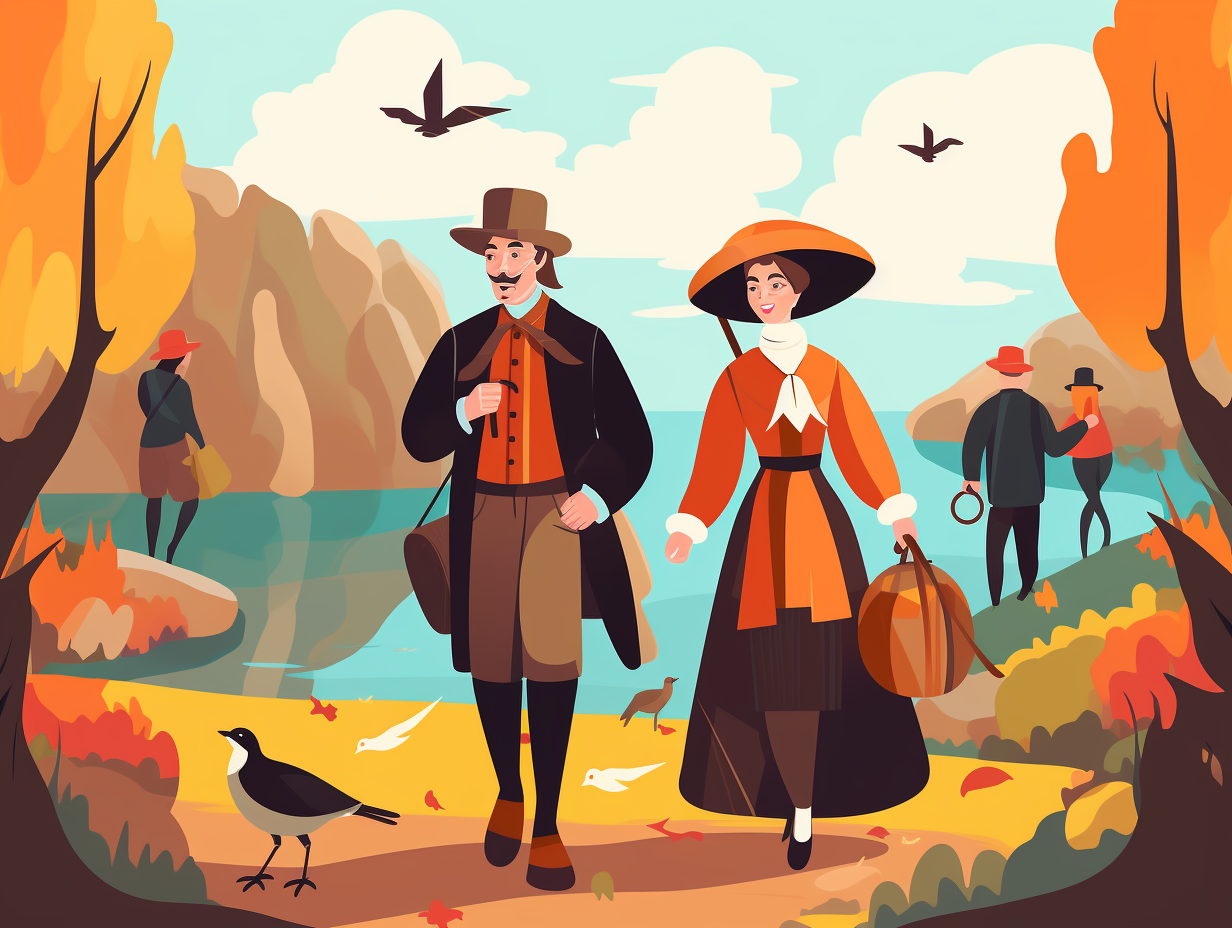
10. Cool Colonial Names
If the Mayflower had a yearbook, it would be full of "Most Likely to Have the Coolest Name" superlatives and maritime-themed baby names that could sail right into a hipster nursery: Among the traditional Biblesque monikers like John, Mary, and William, you would find fascinating gems like Bartholomew, Constance, and Peregrine. The Mayflower's passengers also dabbled in literal names like Humility and embraced unconventional Saint names like Damaris and Giles. Taking the nautical theme even further, little Love was a boy's name, and Oceanus made his debut as the first Mayflower-born baby, setting sail on a lifetime of adventure.
Source => upswingbabynames.com
11. Thanksgiving's Real Origin
Fasten your buckle hats and hold onto your cornucopias, folks: it turns out that the Pilgrims weren't actually the ones to kick off the annual turkey-stuffing, pumpkin-carving, gratitude-shouting shindig we now call Thanksgiving. In reality, they simply hosted a three-day harvest feast back in 1621, with some Native American pals in tow, and the whole "Thanksgiving as an official nationwide affair" only got stamped with approval by President Lincoln in 1863.
Source => en.wikipedia.org
Related Fun Facts

